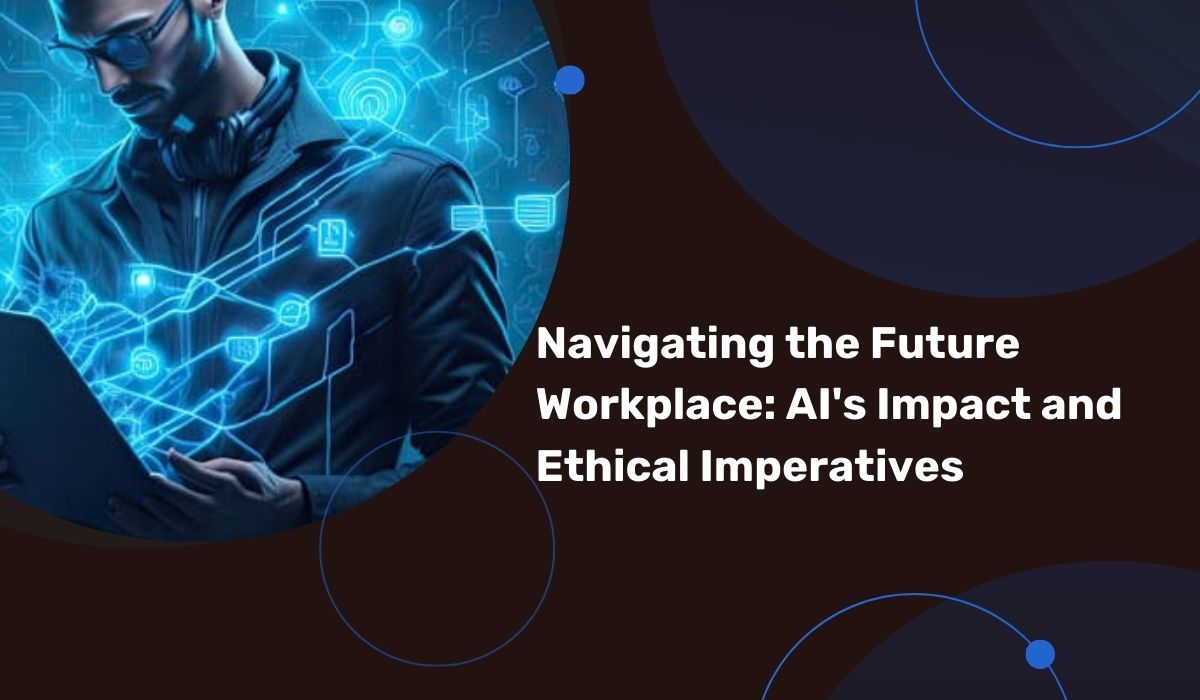
The pervasive influence of Artificial Intelligence (AI) is dramatically reshaping daily interactions with technology and information consumption, and the workplace is no exception to this transformative wave. According to a recent survey conducted by PwC India, 54% of companies spanning various sectors have integrated AI into their business operations. As AI becomes increasingly embedded in daily work routines, its impact on collaboration, skill demands, and job roles becomes more pronounced, signaling a fundamental restructuring of work processes.
Generative AI, a subset distinguished by its grasp of human language nuances, is emerging as a pivotal force in reshaping HR and workforce management realms to enhance employee experiences. While acknowledging the absence of a universal solution to the multifaceted challenges in the modern workforce, the fine-tuning of GPT models to cater to organizational nuances, employee needs, and industry specifics offers a personalized approach to address these challenges. However, the development and deployment of AI technologies necessitate continual human involvement to bolster their effectiveness, adaptability, and ethical integrity.
Despite the significant adoption of AI in Indian workplaces, comprehension among employees remains incomplete. With the existence of opaque black box AI models complicating the discernment of decision-making processes, organizations face the challenge of ensuring transparency and enabling human intervention. Implementing explainability techniques, including user education initiatives and open-source efforts, becomes imperative to demystify AI operations. It is crucial for companies to recognize the pivotal role of human intervention in AI advancements, which continue to redefine the experiential and operational dimensions of work.
In the evolving landscape of work, characterized by disruptions and an emphasis on values like diversity and inclusivity, the integration of generative AI into workplace systems offers avenues for cultural reflection and operational enhancement. By incorporating conversational AI into HR and workforce management frameworks, organizations can facilitate personalized support for employees, ranging from scheduling flexibility to navigating personal challenges. The ethical implications of AI deployment loom large, necessitating the establishment of clear guidelines aligned with existing policies to mitigate risks and ensure transparency. As organizations navigate this transformative journey, the interplay between human judgment and AI capabilities promises not just operational efficiencies but also an ethically grounded work environment, heralding a future where AI upholds the core principles of work in the digital era.